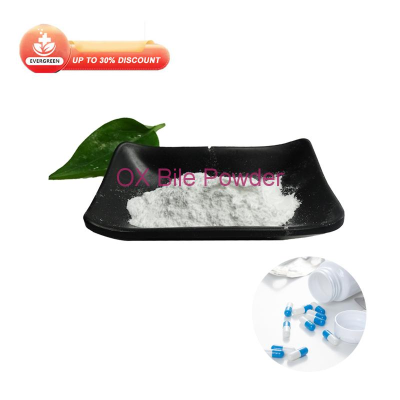-
Categories
-
Pharmaceutical Intermediates
-
Active Pharmaceutical Ingredients
-
Food Additives
- Industrial Coatings
- Agrochemicals
- Dyes and Pigments
- Surfactant
- Flavors and Fragrances
- Chemical Reagents
- Catalyst and Auxiliary
- Natural Products
- Inorganic Chemistry
-
Organic Chemistry
-
Biochemical Engineering
- Analytical Chemistry
- Cosmetic Ingredient
-
Pharmaceutical Intermediates
Promotion
ECHEMI Mall
Wholesale
Weekly Price
Exhibition
News
-
Trade Service
Editor in charge: Food Science
Professor Wang Haibin
School of Food Science and Engineering, Wuhan University of Light Industry
Third-level professor, Ph.
Education and work experience:
From September 1982 to July 1989, he obtained his bachelor's and master's degrees from the School of Food Science of Southwest University (formerly Southwest Agricultural University); from July 1989 to December 1995, he was engaged in meat food and biochemical pharmacy at the Research Institute of Wuhan Meat Union Factory He has been engaged in teaching and scientific research in the School of Food Science and Engineering, Wuhan University of Light Industry (formerly Wuhan Polytechnic Institute) from January 1996 to now; during the period from September 2001 to January 2005, he worked in the Food Science and Technology University of Huazhong Agricultural University.
Main teaching and research directions and their achievements:
Main teaching work and achievements: Long-term teaching and scientific research work in food chemistry, livestock and aquatic product processing technology, nutrition and functional food
Main scientific research directions: 1) Processing and quality evaluation and control technology of livestock, poultry and aquatic meat food: processing technology and formula optimization of livestock, poultry and aquatic meat food, evaluation and mechanism of quality characteristics such as flavor and nutrition; 2) Nutrition The research and development of healthy meat products: focus on the research and development of special meat products such as reduced salt (reduced sodium), reduced fat, rich in dietary fiber, enriched in selenium, etc.
Main scientific research achievements: Vertical scientific research projects completed or under research with the participation of the host and core members of the team include the National Natural Science Foundation, the National Key Research and Development Program, the National Agricultural Science and Technology Achievement Transformation Fund, the Doctoral Program Fund of the Ministry of Education, the Science and Technology Department of Hubei Province, and Wuhan The Municipal Science and Technology Bureau has more than 10 scientific and technological research projects or key technology research and development projects.
Title
The effect of salt-reduced hot pot bottoms on the edible quality and sodium and potassium content of Maodu
Summary
As a kind of popular traditional cuisine, hot pot is widely loved by people because of its unique flavor.
Traditional hot pot contains high sodium salt, which is not good for human health
.
In this study, Maodu was used as raw material, and it was boiled in different proportions of NaCl and KCl in a reduced salt recipe for different times.
The effect of KCl substitution ratio and processing time on the sensory evaluation and shearing force of Maodu was compared
.
And explore the changes of salt content, sodium content and potassium content before and after the salt content, sodium content and potassium content of Maodu in the salt-reducing hot pot base
.
The results show that the hair belly has the highest sensory scores at each time point in the reduced-salt hotpot base with a mass ratio of NaCl and KCl of 7:3; the shearing force is when it is cooked in the reduced-salt hotpot base with different NaCl and KCl compositions.
All of them increased with the extension of the time of rinsing, and the most significant increase was when the rinsing time was 80~100 s
.
The salt content and sodium potassium content of Maodu increased significantly with the prolonging of the cooking time
.
The sodium content of Maodu decreased with the increase of the substitution ratio of KCl in the salt-reducing formula under the same rinsing time, and the decrease ratio of sodium content was close to the substitution ratio of KCl
.
The salt-reduced hot pot base material can reduce the sodium intake of hot pot by about 30% without affecting the flavor and eating quality of the hairy belly.
The recommended replacement ratio of KCl for the reduced-salt hot pot base material is 30%, and the recommended cooking time for the hairy belly is 40%.
s
.
This article is an English version of an article which is originally in the Chinese language on echemi.com and is provided for information purposes only.
This website makes no representation or warranty of any kind, either expressed or implied, as to the accuracy, completeness ownership or reliability of
the article or any translations thereof. If you have any concerns or complaints relating to the article, please send an email, providing a detailed
description of the concern or complaint, to service@echemi.com. A staff member will contact you within 5 working days. Once verified, infringing content
will be removed immediately.







